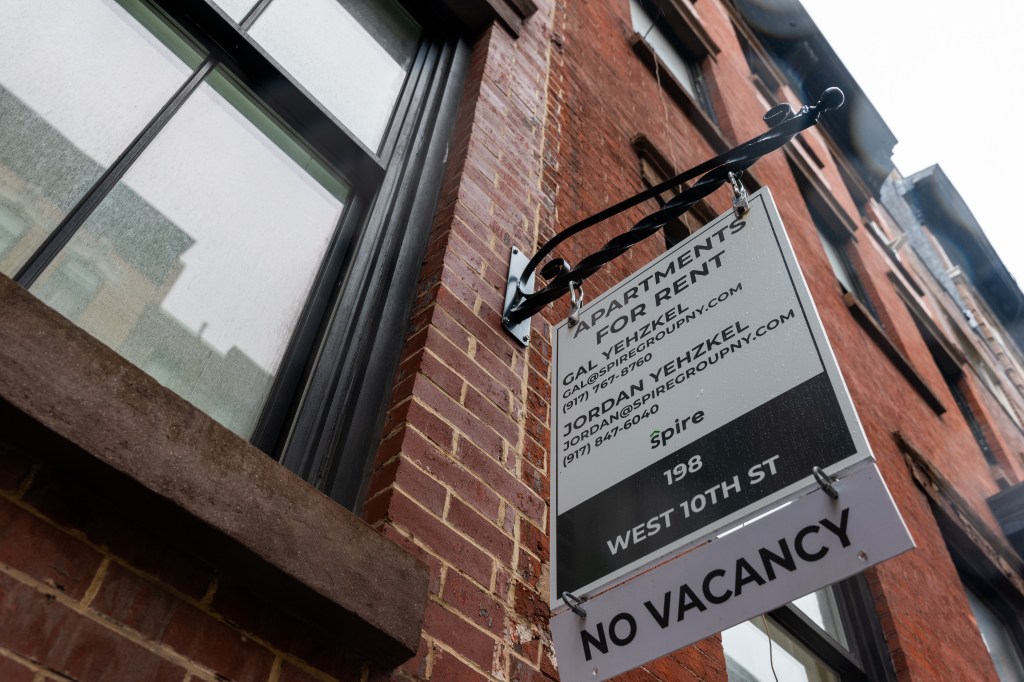The US Justice Department has filed an antitrust lawsuit against RealPage, a property management software provider, alleging it enabled a collusion among landlords to inflate rents for millions of Americans.
The complaint claims the Texas-based company and its competitors engaged in a price-fixing scheme by sharing nonpublic, sensitive information,
Register for free to keep reading.
To continue reading this article and unlock full access to GRIP, register now. You’ll enjoy free access to all content until our subscription service launches in early 2026.
- Unlimited access to industry insights
- Stay on top of key rules and regulatory changes with our Rules Navigator
- Ad-free experience with no distractions
- Regular podcasts from trusted external experts
- Fresh compliance and regulatory content every day













